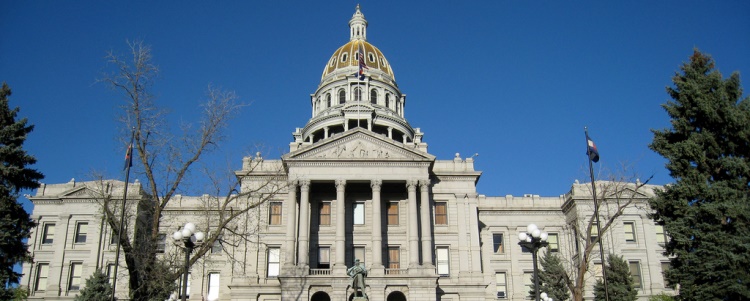Colorado, Iowa offer lodging tax relief measures
- Apr 14, 2020 | Jennifer Sokolowsky

Colorado and Iowa have joined several other states in announcing statewide lodging tax relief measures in response to the COVID-19 pandemic that may apply to short-term rentals.
Colorado extends April sales tax due date
In Colorado, the April 20, 2020, sales tax filing and payment deadline has been extended to May 20, 2020. The Department of Revenue will waive penalties and interest if sales taxes due in April are filed and remitted by the May 20 date. This applies to state and state-administered sales taxes.
However, taxpayers who do not file and pay on or before April 20, 2020, will not be able to keep the vendor/service fee. This fee is a percentage of the sales tax collected that taxpayers are allowed to keep in order to cover compliance costs. The vendor fee is currently 4% of the sales tax paid, capped at $1,000 per filing period.
Self-collecting home rule jurisdictions may have their own extensions. For example, the Denver Department of Finance will waive the 15% penalty for late payment of February and March sales, use, and occupational privilege taxes due March 20 and April 20, 2020. The return must be filed and payment made within 30 days of the due date.
In Colorado, short-term rental hosts are required to collect taxes from guests, including state sales tax and state-administered local sales and lodging taxes. Before they can collect these taxes, hosts must register with the state for a tax license. Airbnb and Vrbo automatically collect state-administered short-term rental taxes for their hosts in Colorado.
If taxes are not collected for you, you’re responsible for managing them yourself. Even if your rental platform collects taxes for you, you’re still required to register for tax licenses and file regular lodging tax returns.
Colorado hosts may also be required to collect and pay locally administered lodging tax; check with your online platform to see whether local taxes are being collected for you. For more on Colorado lodging taxes, see our state vacation rental tax guide.
While Colorado has not shut down short-term rentals statewide, some local governments have suspended vacation rental operations, including Grand County, Summit County, Routt County, and Gunnison County. Park County is considering closing down short-term rentals after a Florida man died there recently.
Iowa businesses may apply for tax deferrals
Iowa is offering tax deferrals for businesses impacted by the COVID-19 pandemic. Businesses must apply for the deferrals by April 30. When granted, the deferrals will delay the deadline for filing sales tax returns and paying tax due for 60 days, as well as waiving penalties and interest.
In Iowa, short-term rental hosts are required to register with the Iowa Department of Revenue and collect, file, and pay state and local hotel and motel tax. These taxes are reported on the state sales tax return, which is due quarterly.
Airbnb and Vrbo automatically collect state and local hotel/motel taxes on behalf of their Iowa hosts. If taxes are not collected for you, you’re responsible for managing them yourself. For more on Iowa lodging taxes, see our state vacation rental tax guide.
Help with lodging taxes
MyLodgeTax can automate and simplify short-term rental tax compliance, including registration and filing with state and local tax authorities. If you have tax questions related to vacation rental properties, drop us a line and we’ll get back to you with answers.
Get the latest tax relief information
For information on pandemic-related lodging tax measures in other states, see our roundup. And for updated information on other local and federal responses to the pandemic that may affect short-term rental hosts, including income tax and property tax relief, see our COVID-19 tax relief page.










